Online suppliers like Singa Plastic Product can provide the products and packaging you need. Basic aspects of plastic polymers, such as molecular weight, molecular structure (MW), polymer type and transparency, must be considered to decipher their physical properties and technical characteristics.
Thermoplastic polymers are almost universally used in the food packaging sector due to their very attractive properties. Among these polymers, the following can be mentioned:
Molecules with relatively longer chain lengths that are often unbranched
The solubility of the solvent, which may include the biopolymer system and water, is characterized by the degree of rigidity or flexibility of the crystal structure, which is amorphous or semi-crystalline.
Compared to other forms of packaging, it is highly flammable.
Viscosity of a substance that is considered acceptable and can flow despite temperature and pressure.
In general, polymers must have a minimum molecular mass of 25,000 g/mol to obtain useful physical properties for packaging objects.
In most cases, the molecular mass of the polymers should be greater than 25,000 g/mol for the physical quality of the polymer to be useful for packaging objects.
The only factor that affects the tensile strength of the packaging material is the amount of polymer used in megawatts (MW).

Singa Plastics
Singa is a well-known plastic products manufacturer in Singapore. Although these days you can get your products online from most well-known exporters.
Since polymers can be produced from petrochemical raw materials, the plastics industry has expanded. Plastics are lighter, more durable and cheaper than other materials (Andrady & Neal 2009; Thompson et al. 2009a). Global polymer production, excluding synthetic fibers, was expected to be 260 million tons in 2007.
(PlasticsEurope 2008b). This is equivalent to an annual growth rate of 9%. Thermoplastics make up two-thirds of this output, and their use is increasing at a rate of about 5% per year. globally (Andradi 2003).
Plastics are produced almost entirely from petrochemicals derived from oil and gas. Approximately 4% of annual oil production is immediately converted into plastic (British Plastics Federation 2008).
Plastic production uses fossil fuels because it requires energy.

For example, lightweight plastics can reduce the use of fossil fuels in transportation by replacing heavier materials such as steel (Andrady & Neal 2009; Thompson et al. 2009b).
About half of all plastics are used for single-use applications such as packaging, agricultural films, and disposable consumer items.
Twenty to twenty-five percent is used for long-term infrastructure such as pipe and cable covering and structural components. Electronics, furniture, cars, etc.
Europe’s long-term consumption programs generated 24.6 million tonnes of post-consumer plastic waste in 2007. (PlasticsEurope 2008b). Table 1 shows the use of plastics and waste in the UK in 2000.
Waste Watch, 2003 Packaging is the main source of plastic waste, but WEEE and scrap cars are also important producers.

Value Plastics distributors
Parts made from recycled plastic pipes are mostly used in applications related to biotechnology, industrial production and medical technology.
These pipe fittings are designed, manufactured and distributed by distributors worldwide by Value Plastics, which is also a manufacturer.
Despite the fact that the company was originally founded in Fort Collins, Colorado in 1968, its current administrative offices can be found in Loveland, Colorado.
Check valves, Luer fittings, quick-connect fittings, threaded fittings, pipe-to-pipe fittings and threaded fittings for bioprocessing are the main production and sales lines of this company.

In 2005, American Capital completed the acquisition of a controlling stake in the company, and the following year, Value Plastics became an active participant in the ISO 80369 (2007) committee.
Value Plastics is a member of the Bio-Process Systems Alliance, another alliance made up of 26 different suppliers.
Value Plastics was a founding member of the Bio-Process Systems Alliance (BPSA).
Value Plastics was acquired by Nordson Corporation in September 2011, and the company now operates the company as a division within its Advanced Technology Systems division.
Nordson is headquartered in Westlake, Ohio.

Unica plastic products
Unica company is a producer of plastic products. Plastics are the most common end-use materials in consumer and medical products.
Plastics are diverse materials that consist of hundreds of polymers, each of which has its own set of mechanical properties. What makes plastic raw material parts?
Plastic manufacturing techniques cover a wide range of applications, part geometries and types of plastics. Every product designer or engineer must be familiar with today’s manufacturing options as well as emerging developments that will affect manufacturing in the future.
This book provides an overview of common plastic manufacturing techniques to help you choose the optimal option for your application.

When choosing a product manufacturing process, consider the following factors: internal complexity or tight tolerances? Depending on the shape of the design, manufacturing options may be limited or require DFM optimization to be cost-effective.
What is the volume and annual cost of your parts? Some manufacturing processes have high tooling and setup costs but low per-piece prices.
Low-volume production systems have low start-up costs, but the cost per product remains the same or only slightly decreases due to shorter cycle times, less automation and manpower.
When will you need parts or goods? Some techniques produce the first components in 24 hours, while others require months of tooling and preparation.
What stresses will your product be subjected to? Several factors influence the optimal material for a given application.
Aesthetics and functionality must be harmonious. Compare the best features of your application with the possibilities of the production process.

Unica Plastic Container
Since plastic packaging and containers (such as Unica products) can be put to many important applications in the modern world, its widespread adoption is inevitable.
Defends against shipping damage as well as the effects of humidity, moisture, gases, bacteria, insects and light.
When goods are preserved, people can use them or consume them for a longer period of time, resulting in less waste.
It helps prevent spillage and holds items together.
Because of transportation, we are able to buy non-local products which helps to encourage trade.
Stacking items is an act of saving space and increasing transportation.
Important information about the product, such as its nutritional composition and any precautions for people with allergies, is included on the packaging. Food freshness is preserved by plastic packaging.
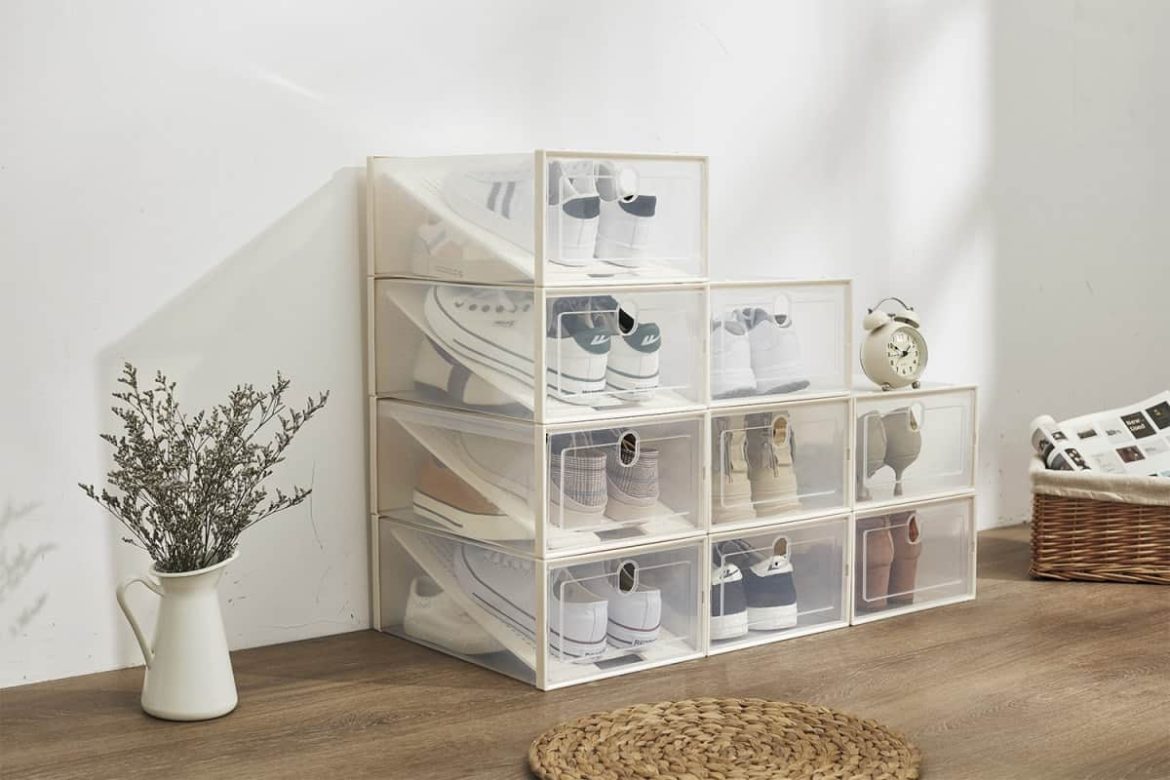

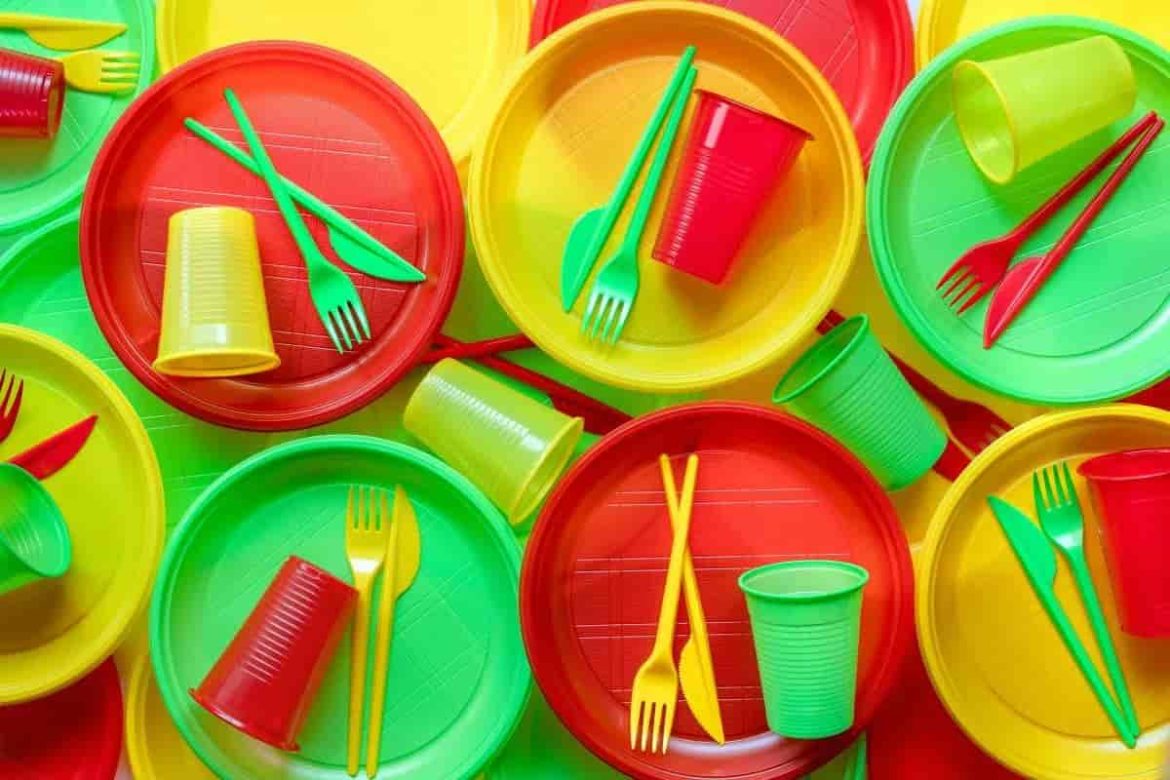
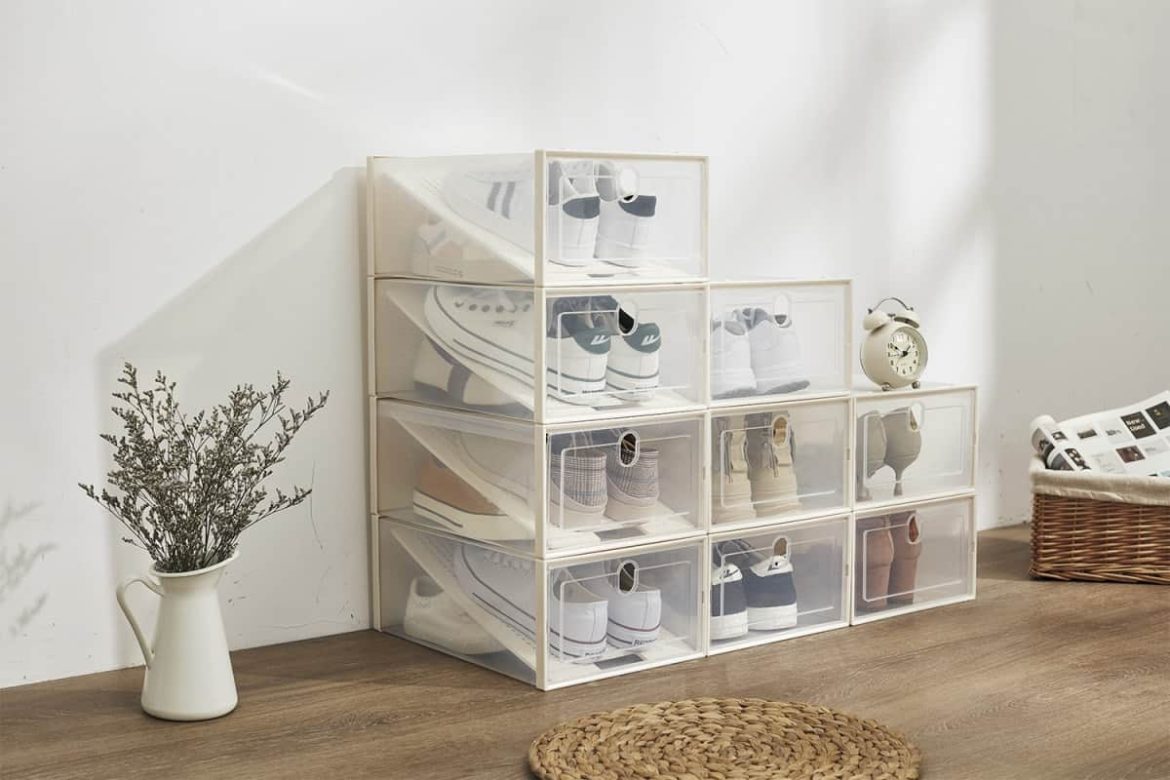
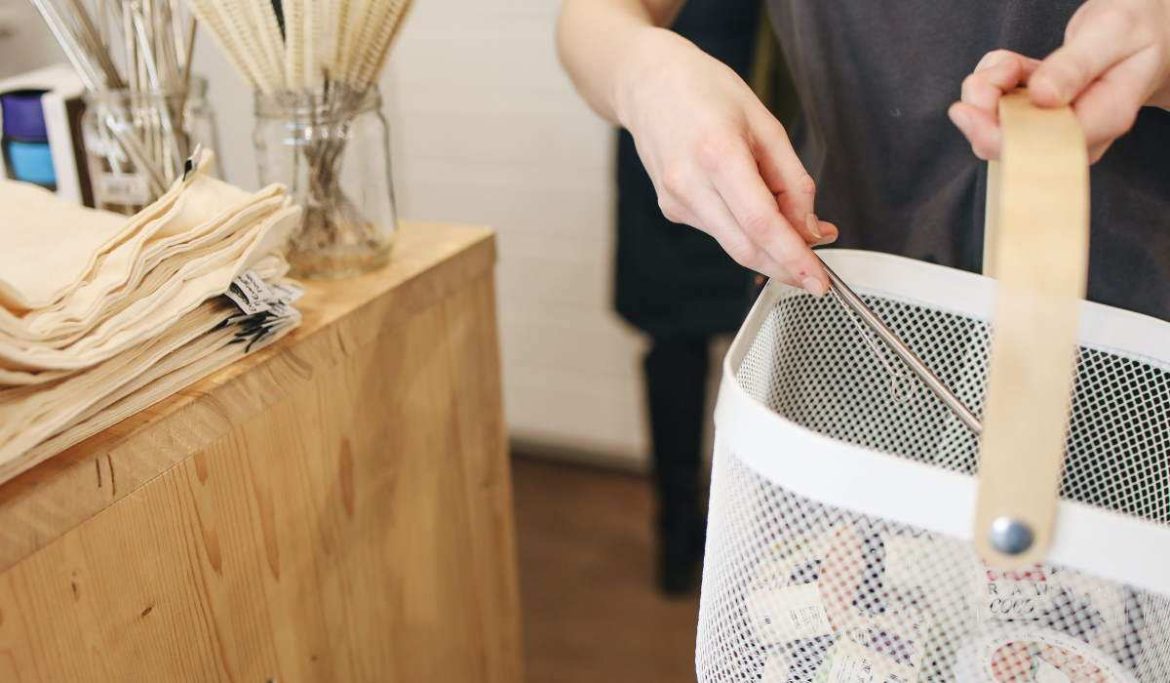

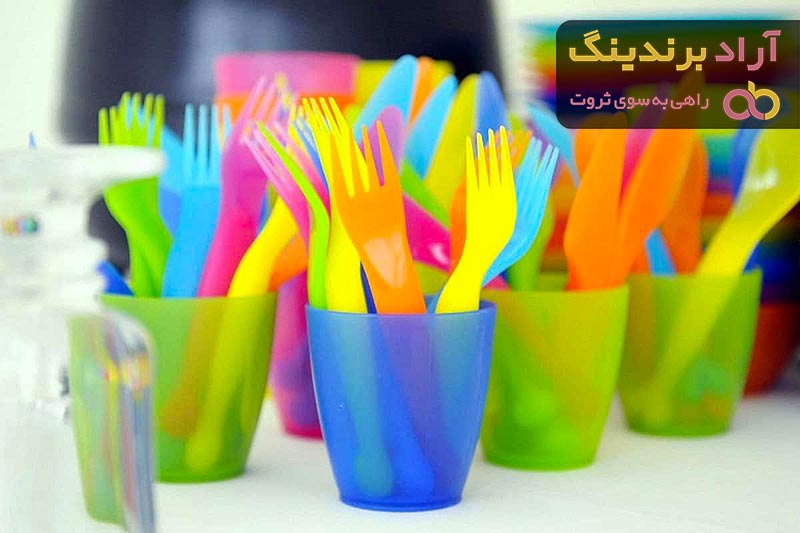
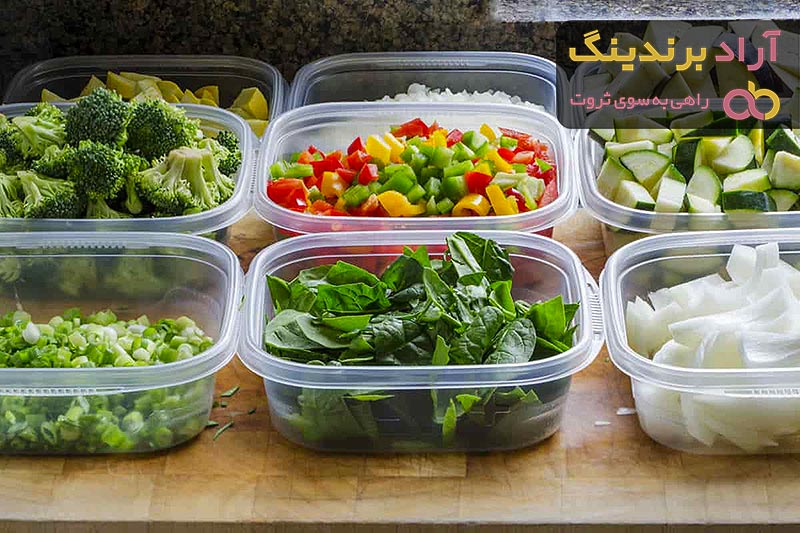

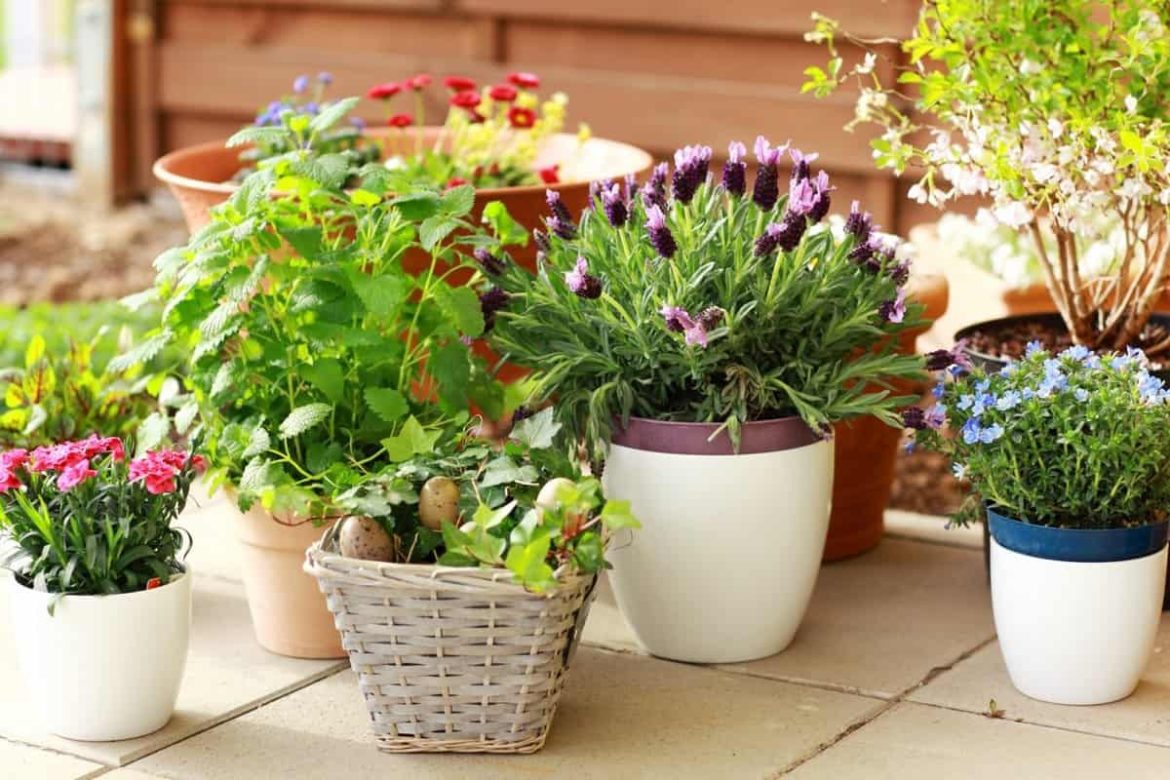
Your comment submitted.